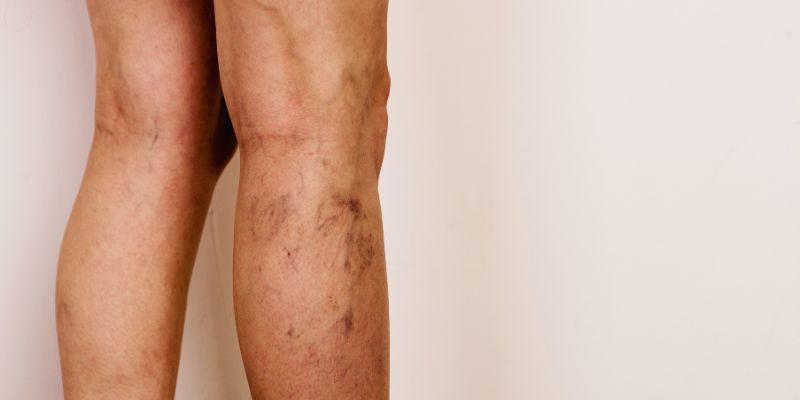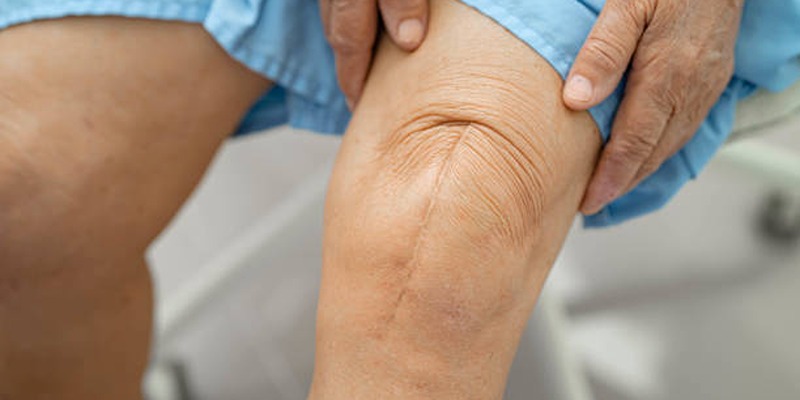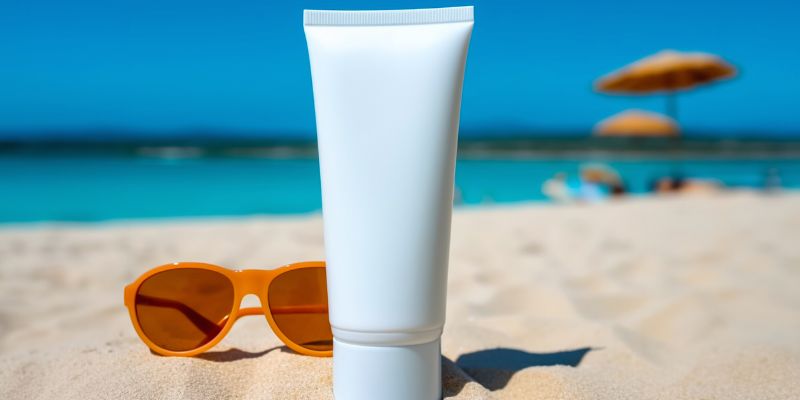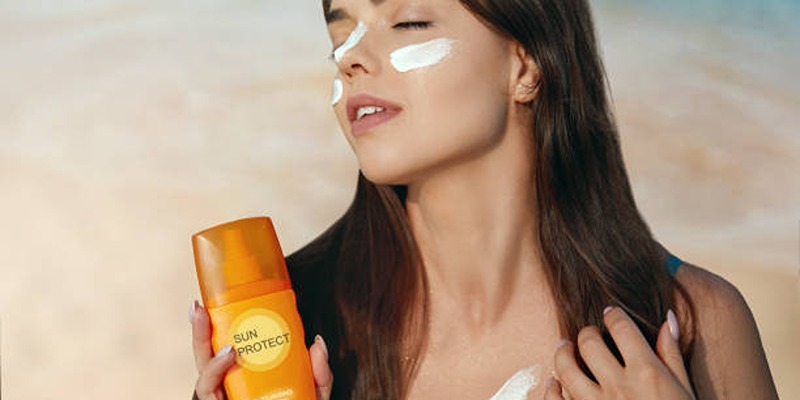3 Ways to Help Your Child When Their Eczema Gets Worse
Eczema is a chronic skin condition causing dry, itchy, and inflamed skin in children. Flare-ups can lead to discomfort, scratching, and irritation. As a parent, it’s tough to watch, but there are ways to help. Simple strategies can soothe skin, reduce inflammation, and prevent further flare-ups, offering your child relief.
1. Keep Their Skin Hydrated and Moisturised
 It is vital for eczematous skin to remain hydrated thanks to regular moisturization.The skin barrier of individuals with eczema becomes weakened so that the skin becomes more susceptible to drying and irritation. Regular skin moisturization serves as an important method to both control and stop severe eczema outbreaks in children.
It is vital for eczematous skin to remain hydrated thanks to regular moisturization.The skin barrier of individuals with eczema becomes weakened so that the skin becomes more susceptible to drying and irritation. Regular skin moisturization serves as an important method to both control and stop severe eczema outbreaks in children.
Choose the Right Moisturizer
The skin of individuals prone to eczema does not respond favorably to all types of moisturizers. People with eczema should select thick fragrance-free ointments rather than moisturizers because ointments create better barriers to protect moisture. Search for skin-care products containing ceramides along with shea butter and glycerin because these components will both protect your skin barrier while maintaining its texture. Radioactive chemicals with artificial perfumes or excessive chemicals in products should be avoided because they will sting your skin.
Apply Moisturizer Often
Your child needs daily moisturizer application with specific focus on flare-up periods. Apply sufficient moisturizer twice daily right after bathing time and allow generous application to each moisturizing occasion. The application of moisturizer functions to protect water within the skin barrier thus stopping skin dehydration. Soak your child's eczema needs with moisturizer multiple times in a day because severe symptoms require frequent application.
Give Regular Lukewarm Baths
Bathing removes allergens, sweat, and bacteria from your child’s skin, reducing irritation and inflammation. However, it’s important to use lukewarm water instead of hot water, as hot water can strip the skin of its natural oils. Keep bath time short—about 10-15 minutes—and use a gentle, fragrance-free cleanser. After the bath, pat the skin dry and apply a thick moisturizer while the skin is still damp to seal in hydration.
Use a Humidifier to Prevent Dry Air
Dry air, especially during winter, can make eczema worse. A humidifier in your child’s room can help maintain proper humidity levels and prevent their skin from drying out. Be sure to clean the humidifier regularly to avoid the buildup of mold or bacteria, which could cause further irritation.
2. Identify and Avoid Eczema Triggers
Eczema flare-ups often happen because of certain environmental factors, allergens, or irritants. Knowing and avoiding these triggers can help manage your child’s condition better.
Common Triggers That Worsen Eczema
There are several factors that can lead to eczema flare-ups, such as:
- Harsh Soaps and Detergents: Many soaps, body washes, and laundry detergents have strong fragrances and chemicals that can irritate sensitive skin. Use fragrance-free and hypoallergenic products to reduce irritation.
- Synthetic and Wool Fabrics: Rough or non-breathable fabrics like wool and synthetic materials can cause friction and irritation. Dress your child in soft, breathable cotton clothing to avoid discomfort.
- Allergens Like Pollen, Dust, and Pet Dander: If your child has allergies, exposure to things like dust mites, pollen, or pet fur may worsen their eczema. Keep their space clean, wash bedding often in hot water, and use allergen-proof mattress covers.
- Extreme Temperatures and Sweat: Hot weather, excessive sweating, and dry winter air can trigger eczema symptoms. Keep your child’s room at a comfortable temperature and dress them in breathable layers to prevent overheating.
- Certain Foods: While food allergies don’t directly cause eczema, they can make it worse for some children. Common triggers include dairy, eggs, soy, and nuts. If you think food might be a trigger, talk to a doctor before making dietary changes.
Wash Clothing and Bedding Properly
Since clothing and bedding come into contact with your child’s sensitive skin, wash them using a gentle, fragrance-free detergent. Avoid fabric softeners and dryer sheets, as these can leave residues that irritate the skin.
Limit Exposure to Irritants
Be careful with household products that could worsen your child’s eczema. Avoid strong-smelling cleaning products, air fresheners, and scented candles, as these release irritants that can make eczema worse. If your child is exposed to any irritants, wash their skin with lukewarm water and immediately apply a gentle moisturizer.
3. Prevent Scratching and Manage Itching
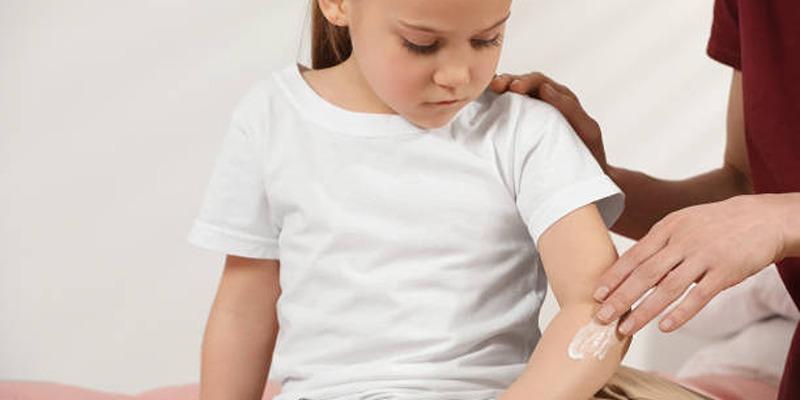 Dealing with the intense itching of eczema can be tough, especially during flare-ups. Scratching not only worsens the condition but also increases inflammation and the risk of infection. Managing itching and preventing scratching is an important step in treatment.
Dealing with the intense itching of eczema can be tough, especially during flare-ups. Scratching not only worsens the condition but also increases inflammation and the risk of infection. Managing itching and preventing scratching is an important step in treatment.
Use Anti-Itch Treatments
If your child experiences severe itching, anti-itch creams or ointments can offer relief. Over-the-counter hydrocortisone creams can help reduce inflammation but should only be used with a doctor’s approval. For persistent symptoms, a pediatrician may recommend a stronger prescription cream or an antihistamine to ease nighttime itching.
Keep Nails Trimmed and Covered
Children often scratch without realizing it, especially while asleep. Keeping nails short and smooth can reduce skin damage. At night, consider having your child wear soft cotton gloves or mittens to prevent scratching while they sleep.
Try Wet Wrap Therapy
Wet wrap therapy is a calming method to hydrate and soothe irritated skin. Apply a thick layer of moisturizer or medicated cream, then wrap the affected areas in damp gauze or soft fabric and cover with dry clothing. This locks in moisture, reduces itching, and speeds up healing.
Distract Your Child from Scratching
Younger children may need help resisting the urge to scratch. Keep their hands busy with toys, puzzles, or drawing. For older children, teach them alternatives like deep breathing or gently tapping the skin instead of scratching.
When to Seek Medical Help
While home remedies can manage mild to moderate eczema, there are times when professional help is necessary. If your child’s eczema worsens despite treatment or shows signs of infection—like increased redness, oozing, swelling, or fever—consult a doctor immediately. A dermatologist can recommend advanced treatments such as medicated creams, antihistamines, or even light therapy.
Conclusion:
Managing eczema can feel daunting, especially during severe flare-ups. By keeping your child’s skin moisturized, avoiding triggers, and working to prevent scratching, you can help ease their discomfort and encourage healing.
Consistency is key. Build a daily skincare routine using gentle products, and adapt your child’s environment to reduce the chances of flare-ups. If symptoms remain stubborn or worsen, seek advice from a medical professional for stronger treatment options. With the right approach, your child can gain relief and enjoy healthier, more comfortable skin.



